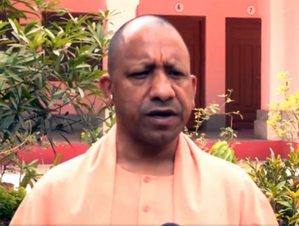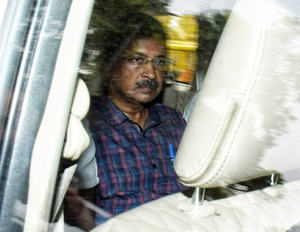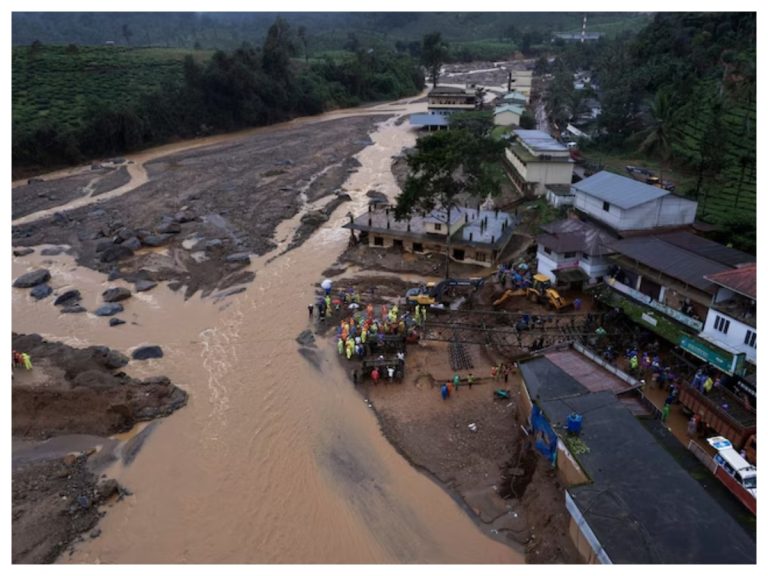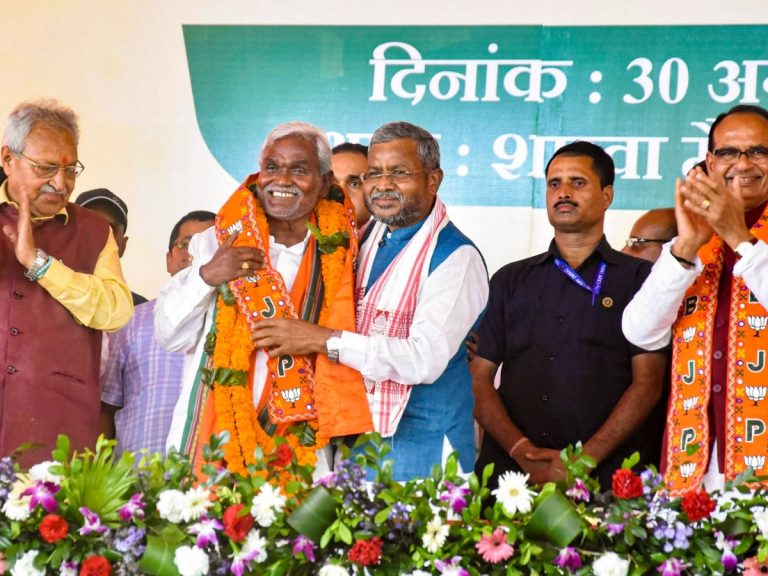Yogi govt to set up cyber police stations in 57 districts after Lok Sabha polls

The Yogi Adityanath government in Uttar Pradesh, in response to the rising incidents of cybercrime nationally and globally, has decided to establish cyber police stations across all 75 districts of the state.
While cyber stations are already operational in 18 divisions, they will be established in the remaining 57 districts after the Lok Sabha elections.
According to the government spokesman, the state cabinet has already approved setting up cyber police stations in these districts. The finalization of these stations will take place after the general elections.
With 25 designated officers and staff to be deployed at each cyber station, the total number of deployments at 57 cyber stations will be 1,425. This decision ensures that cybercrime stations will be accessible in every state district. Previously overseen by an IG-level officer, the responsibility for these stations will now be assumed by the Superintendent of Police.
Previously, the Uttar Pradesh government had sanctioned the creation of 1,425 positions, allocating 25 posts for each cybercrime police station. However, this initiative was delayed due to the ongoing Lok Sabha elections and the subsequent imposition of the Model Code of Conduct. The establishment of the cyber stations is now slated for completion after the conclusion of these events.
Finance and Parliamentary Affairs Minister Suresh Khanna said, “There is a pressing need for cyber police stations in all 75 districts, given the escalating cybercrime rates nationally and globally.”
He added, “While cyber police stations are operational in 18 divisional headquarters, the decision has been made to establish the stations in the remaining 57 districts as well. Establishing these stations is estimated to incur a financial burden exceeding one billion rupees. These stations will enhance surveillance of cybercrime in the state and facilitate swift and effective interventions.”
While discussing the current cybercrime situation in the state, he said, “Uttar Pradesh leads in cybercrime convictions, with a significantly higher conviction rate than the national average.”
He further said, “With a conviction rate of 87.8 percent, Uttar Pradesh surpasses the national rate of 46.5 percent. The state has secured 838 convictions, far exceeding the second-ranking state, Madhya Pradesh, which has only 59 convictions. Additionally, Uttar Pradesh has made 7,122 criminal arrests compared to Maharashtra’s 2582. In 2022 alone, Uttar Pradesh recorded 10,117 registered cybercrime cases.”
The 57 districts where the cybercrime stations will be established include: Unnao, Rae Bareli, Sitapur, Hardoi, Lakhimpur Kheri, Kanpur Dehat, Etawah, Fatehgarh, Kannauj, Aurraiya, Meerut, Ghaziabad, Bulandshahr, Baghpat, Hapur, Sultanpur, Barabanki, Amethi, Ambedkar Nagar, Etah, Hathras, Kasganj, Mathura, Firozabad, Mainpuri, Jaunpur, Ghazipur, Chandauli, Maharajganj, Deoria, Kushinagar, Balrampur, Shravasti, Bahraich, Badaun, Shahjahanpur, Pilibhit, Rampur, Bijnor, Amroha, Sambhal, Pratapgarh, Fatehpur, Kaushambhi, Chitrakoot, Hamirpur, Mahoba, Sonbhadra, Bhadohi, Mau, Ballia, Siddharth Nagar, Sant Kabir Nagar, Lalitpur, Jalaun, Muzaffarnagar and Shamli.





